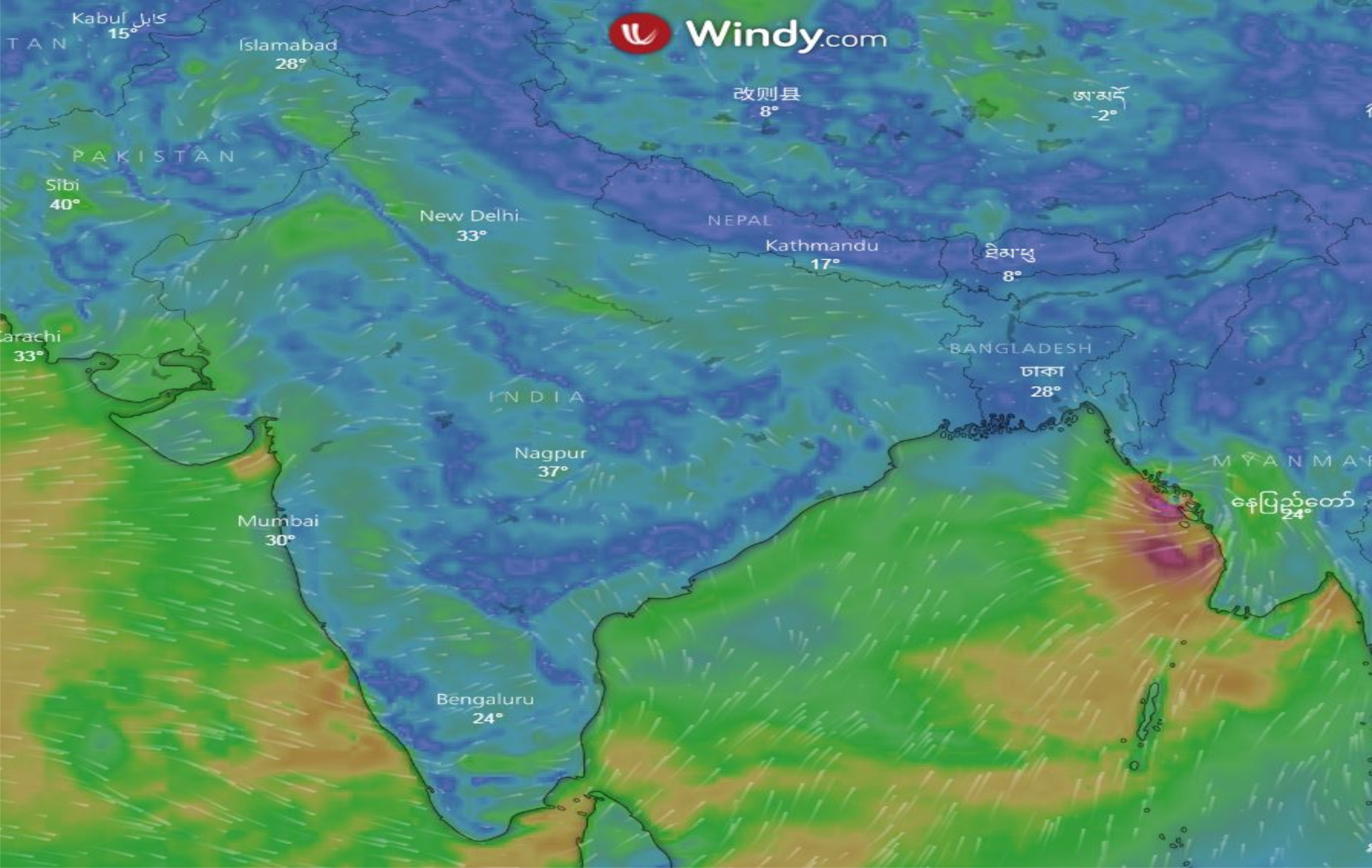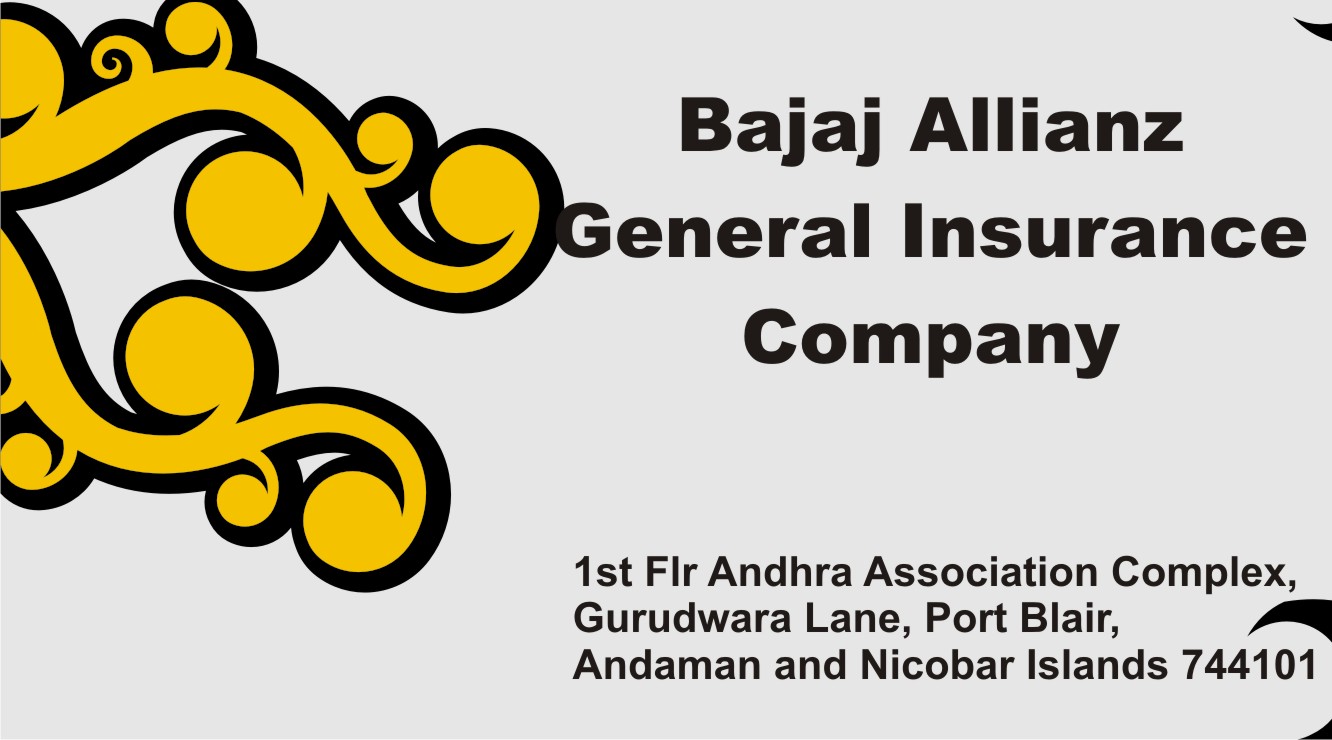Vinayak Damodar Savarkar, (28 May 1883 – 26 February 1966, commonly known as Swatantryaveer Savarkar) was an Indian pro-independence activist, lawyer, politician, poet, writer and playwright. He advocated dismantling the system of caste in Hindu culture, and reconversion of the converted Hindus back to Hindu religion. Savarkar coined the term Hindutva (Hinduness) to create a collective "Hindu" identity as an "imagined nation". His political philosophy had the elements of utilitarianism, rationalism and positivism, humanism and universalism, pragmatism and realism. Some later commentators state that Savarkar's philosophy, despite its stated position of furthering unity, was divisive in nature as it tried to shape Indian nationalism as uniquely Hindu, to the exclusion of other religions.Savarkar was also an atheist and a staunch rationalist who disapproved of orthodox Hindu belief, dismissing cow worship as superstitious.
Savarkar's revolutionary activities began while studying in India and England, where he was associated with the India House and founded student societies including Abhinav Bharat Society and the Free India Society, as well as publications espousing the cause of complete Indian independence by revolutionary means. Savarkar published The Indian War of Independence about the Indian rebellion of 1857 that was banned by British authorities. He was arrested in 1910 for his connections with the revolutionary group India House. Following a failed attempt to escape while being transported from Marseilles, Savarkar was sentenced to two life terms of imprisonment totaling fifty years and was moved to the Cellular Jail in the Andaman and Nicobar Islands, but released in 1921.
While in jail, Savarkar wrote the work describing Hindutva, espousing Hindu nationalism. In 1921, under restrictions after signing a plea for clemency, he was released on the condition that he renounce revolutionary activities. Traveling widely, Savarkar became a forceful orator and writer, advocating Hindu political and social unity. Serving as the president of the Hindu Mahasabha, Savarkar endorsed the ideal of India as a Hindu Rashtra and opposed the Quit India struggle in 1942, calling it a "Quit India but keep your army" movement. He became a fierce critic of the Indian National Congress and its acceptance of India's partition. He was accused of the assassination of Indian leader Mohandas Karamchand Gandhi but acquitted by the court.
The airport at Port Blair, Andaman and Nicobar's capital, has been named Veer Savarkar International Airport. The commemorative blue plaque on India House fixed by the Historic Building and Monuments Commission for England reads "Vinayak Damodar Savarkar 1883-1966 Indian patriot and philosopher lived here". In the recent past, the Shiv Sena party has demanded that the Indian Government posthumously confer upon him India's highest civilian award, the Bharat Ratna.
Vinayak Damodar Savarkar was born in the Marathi Chitpavan Brahmin Hindu family of Damodar and Radhabai Savarkar in the village of Bhagur, near the city of Nashik, Maharashtra. He had three other siblings namely Ganesh, Narayan, and a sister named Maina.[16] When he was 12, he led fellow students in an attack on his village mosque following Hindu-Muslim riots, stating: "we vandalised the mosque to our heart’s content."
After the death of his parents, the eldest sibling Ganesh, known as Babarao, took responsibility of the family. Babarao played a supportive and influential role in Vinayak's teenage life. During this period, Vinayak organised a youth group called Mitra Mela (Band of Friends) and encouraged revolutionary and nationalist views of passion using this group. In 1901, Vinayak Savarkar married Yamunabai, daughter of Ramchandra Triambak Chiplunkar, who supported his university education. Subsequently, in 1902, he enrolled in Fergusson College, in Pune . As a young man, he was inspired by the new generation of radical political leaders namely Bal Gangadhar Tilak, Bipin Chandra Pal and Lala Lajpat Rai along with the political struggle against the partition of Bengal and the rising Swadeshi campaign. After completing his degree, nationalist activist Shyamji Krishna Varma helped Vinayak to go to England to study law, on a scholarship. It was during this period that the Garam Dal, literally "Army of the angry," was formed under the leadership of Tilak as a result of a split between the moderate, "constitutionalist" wing on the one part, and of Tilak's extremist or radical wing in the Indian National Congress. The members of the Garam Dal, did not acknowledge the agenda of the majority moderate Indian National Congress leadership which advocated dialogue with the British rulers and incremental steps towards Independence by gaining confidence of the British. Tilak was soon imprisoned for his support of revolutionary activities.
Read more













